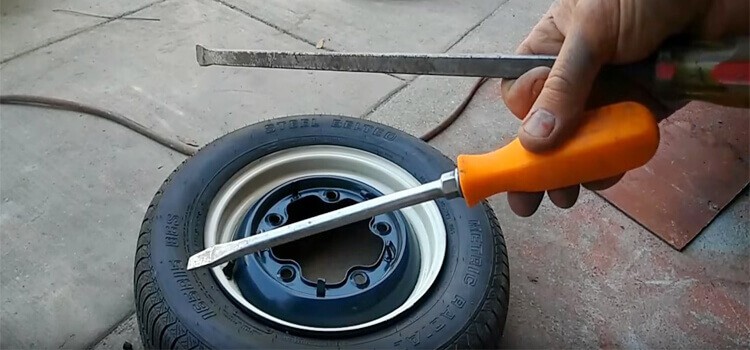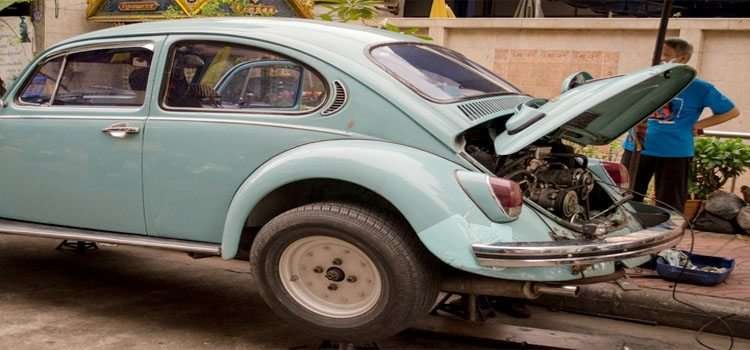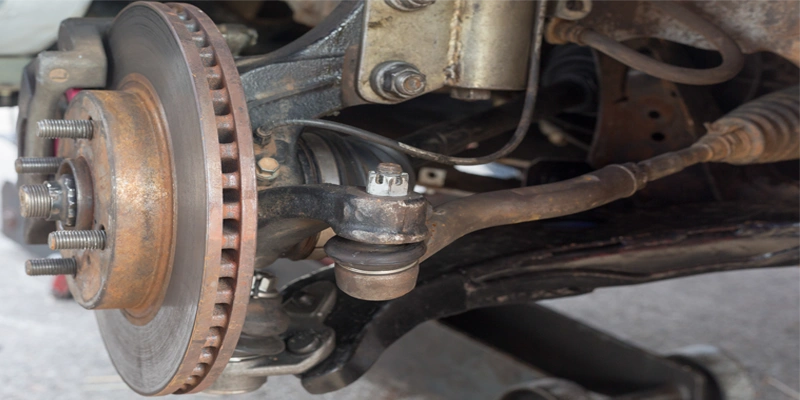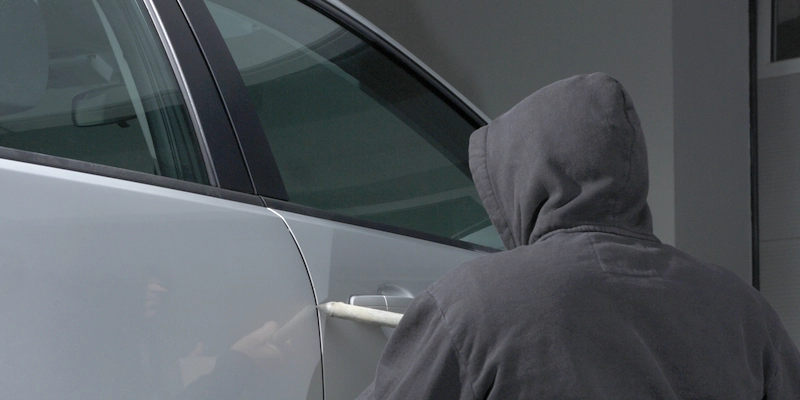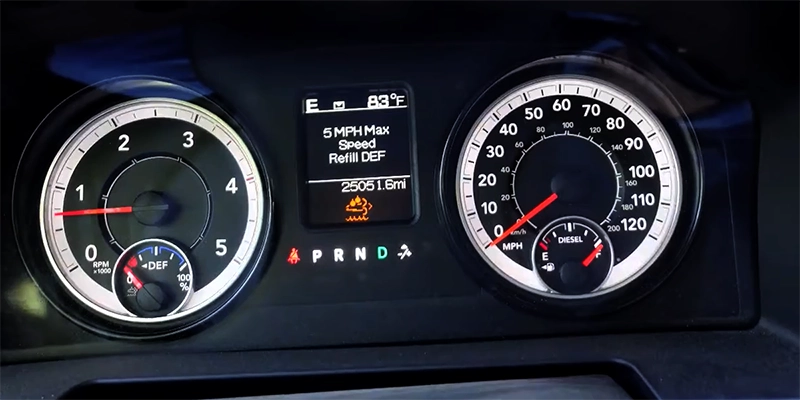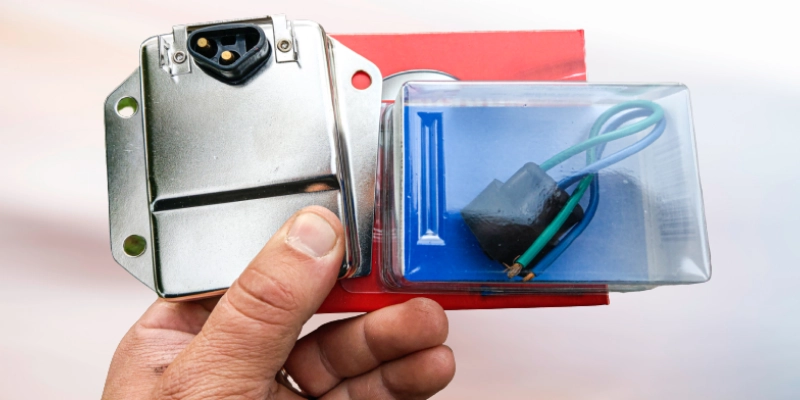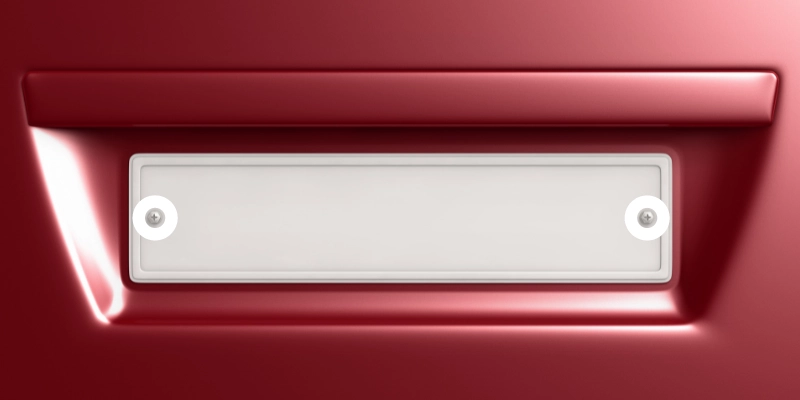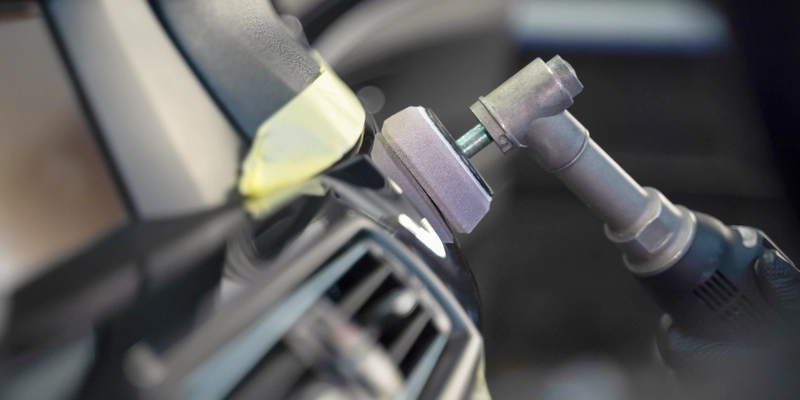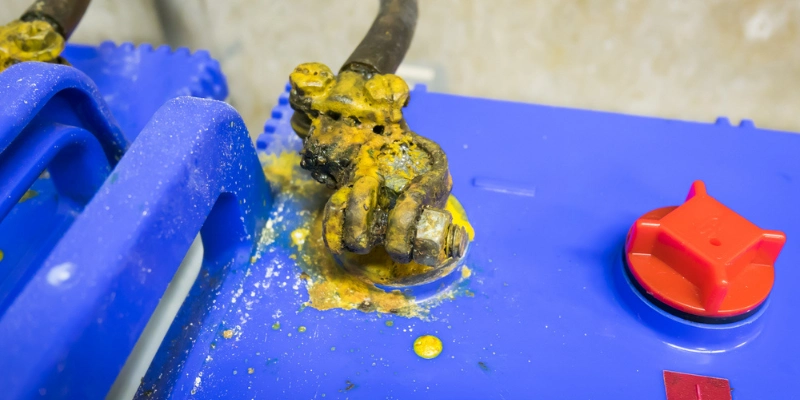Are you familiar with that unsettling squeaking noise that seems to emanate from your car while you’re cruising down the road? It’s not exactly music to your ears, is it?
Well, fear not! Because in this article, we’re going to delve into the world of squeaking noises while driving and uncover the possible causes behind this annoying phenomenon.
Understanding the Symphony of Squeaks
Before we dive into the specifics, let’s take a moment to appreciate the complexity of sounds that can emerge from our vehicles.
Just like an orchestra, each component of your car plays its own unique part in creating this symphony of squeaks.
From the tires to the suspension system, and even the brakes, any one of these can be the culprit behind those vexing noises.
Decoding the Culprits: Common Causes of Squeaks
Let’s now explore some common culprits behind those squeaking noises:
1. Worn-out Brake Pads
Brakes are one of the most critical components in ensuring your safety on the road.
Over time, brake pads can wear down due to friction, leading to a high-pitched squeaking noise when you press the brake pedal.
If you suspect this to be the cause, it’s essential to have your brake pads inspected and replaced if necessary.
2. Suspension System Woes
Your vehicle’s suspension system plays a vital role in providing a smooth and comfortable ride.
However, components such as the bushings, ball joints, or control arms can deteriorate over time, resulting in squeaks while driving.
These noises may vary depending on road conditions, speed, or even when turning. A thorough inspection by a qualified mechanic can help identify and resolve any issues.
3. Worn-out Belts
The serpentine belt in your car’s engine is responsible for powering various components, such as the alternator, power steering pump, and air conditioning.
If this belt becomes worn or loose, it can emit a squeaking sound. Regular maintenance and replacing worn-out belts can prevent this annoyance.
4. Tire Troubles
Believe it or not, your tires can also be the source of those squeaks. When tires are not properly inflated, have uneven wear patterns, or lack sufficient tread depth, they can generate noise while driving.
Ensuring proper tire maintenance, including regular rotation and alignment, can mitigate these issues.
5. Weather Woes
Temperature and weather conditions can also impact your vehicle’s behavior, including the emergence of squeaking noises.
Cold weather, for instance, can cause various components to contract, resulting in squeaks until they warm up.
Although not a cause for immediate concern, it’s essential to monitor whether the noise persists under normal conditions.
A Story of Squeaks: John’s Adventure (My Nextdoor Neighbor)
To bring these causes to life, let’s follow John on his eventful journey.
One morning, as John starts his car and embarks on his daily commute, he notices a high-pitched squeak when he applies the brakes. Concerned about his safety, he takes his vehicle to a nearby mechanic.
The mechanic swiftly inspects the brake pads and identifies them as the source of the noise.
John’s brake pads have worn down over time due to his frequent stop-and-go driving habits.
The mechanic replaces the worn pads with new ones, and the squeaking noise vanishes, leaving John with a renewed sense of confidence in his vehicle.
However, a few weeks later, John starts hearing squeaks again, this time while driving over bumps or rough roads. He returns to the mechanic, who discovers worn-out bushings in the suspension system.
After replacing the faulty components, John’s car glides effortlessly, free from the irritating squeaks that once plagued his daily commute.
But John’s journey doesn’t end there. As the seasons change, John notices that on particularly cold mornings, his car emits a faint squeaking noise that disappears as the engine warms up.
He learns from the mechanic that this is a common occurrence due to the contraction of certain components in cold weather.
Understanding that this is a temporary and harmless issue, John becomes more at ease with the occasional cold-weather squeaks.
Finally, John realizes that regular maintenance plays a crucial role in preventing squeaking noises.
He diligently follows his mechanic’s advice, ensuring his brake pads are inspected and replaced at regular intervals, his suspension system is well-maintained, and his tires are properly inflated and rotated.
By taking these preventive measures, John significantly reduces the occurrence of squeaks, allowing him to enjoy a quieter and more peaceful driving experience.
Key Facts about Squeaking Noises While Driving
To summarize the main points and provide you with a quick reference, here are some key facts about squeaking noises while driving:
- Brake Pads: Worn-out brake pads can cause high-pitched squeaks when applying the brakes. Regular inspection and replacement are crucial for safety.
- Suspension System: Components like bushings, ball joints, and control arms can deteriorate over time, leading to squeaks. A professional inspection is necessary to identify and resolve these issues.
- Belts: Worn or loose serpentine belts can emit squeaking sounds. Regular maintenance and belt replacement can prevent this annoyance.
- Tires: Improperly inflated tires, uneven wear patterns, or insufficient tread depth can generate squeaks. Proper tire maintenance, including rotation and alignment, is essential.
- Weather Impact: Temperature and weather conditions can contribute to squeaking noises. Cold weather can cause components to contract, resulting in temporary squeaks.
Note:
- Remember, if you encounter squeaking noises while driving, it’s important to address them promptly.
- Consulting a qualified mechanic will help diagnose the underlying cause and ensure your vehicle’s safety and performance.
Final words
Squeaking noises while driving can be a frustrating and perplexing issue. By understanding the common causes and taking proactive measures, you can minimize and even eliminate these unwelcome sounds.
So, the next time you hear a squeak, take it as an opportunity to investigate and resolve the issue, allowing for a smoother and quieter ride on the road.
 Skip to content
Skip to content
